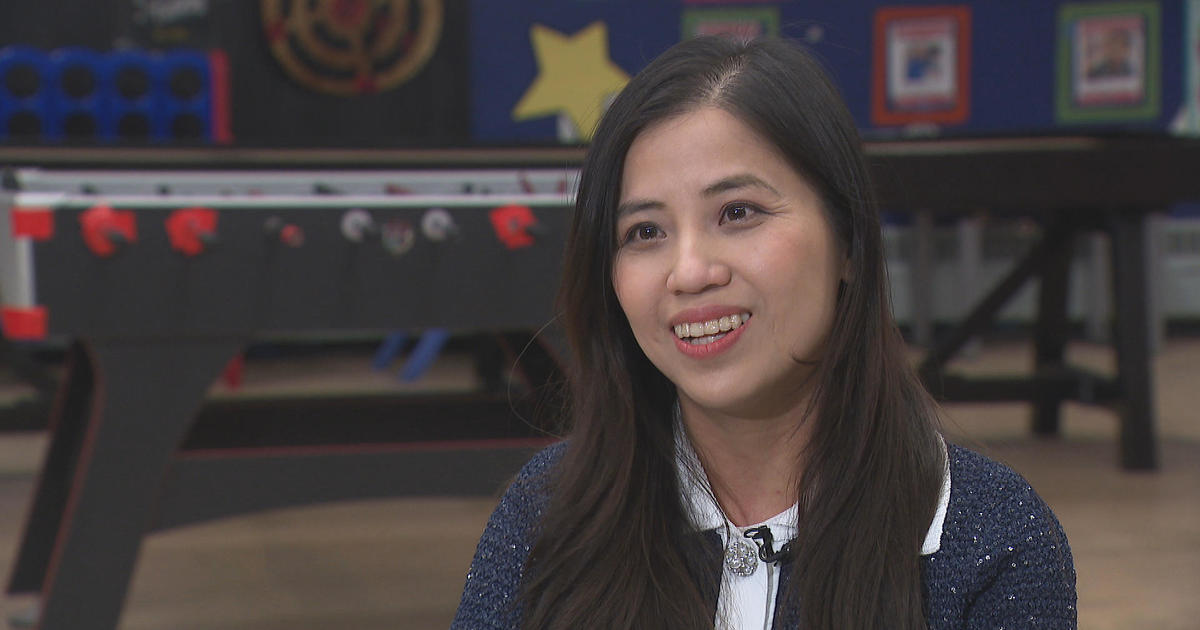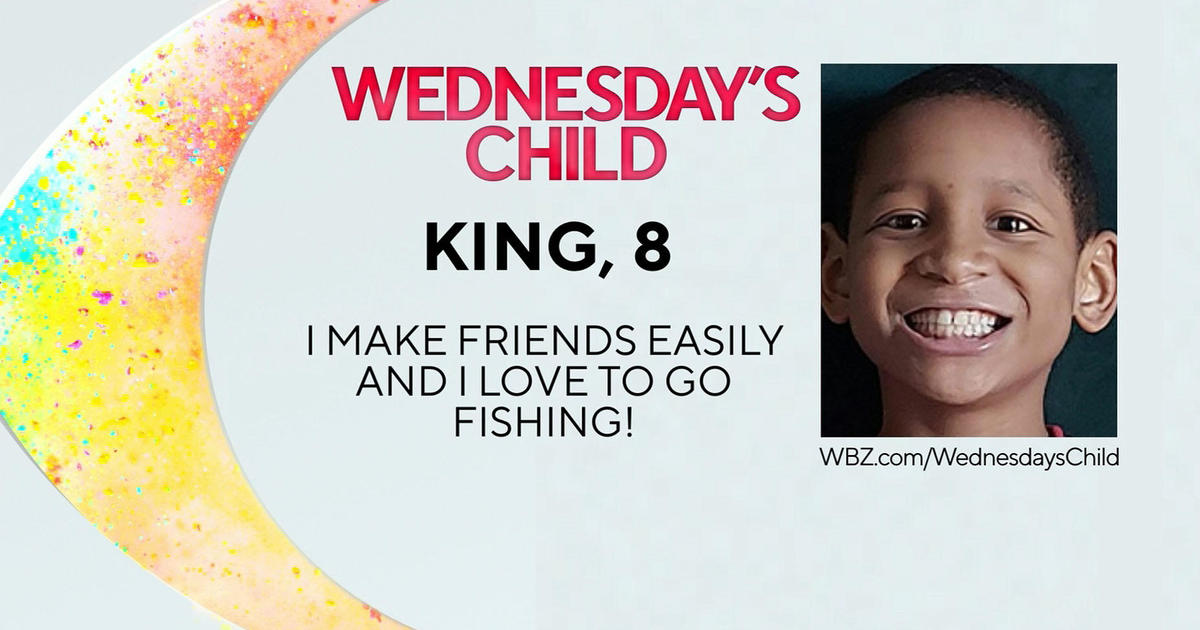Parents Face Difficult Decision On Fate Of Frozen Embryos
BOSTON (CBS) -- Without IVF Taal Rachamimov likely wouldn't be expecting a baby this September.
"IVF is an amazing miracle of science," Taal said. "We needed to fertilize a lot of embryos and also didn't know how many tries it would take to get me pregnant."
It took three.
"I cried so hard I can't even begin to tell you. It wasn't just crying out of happiness, it was 3 years of work to get to this place," she said.
Taal is among the thousands of women now freezing embryos in hopes of starting a family.
"Ultimately, do I have a dream of having more than one child? Yes. But right now I'm so focused on getting through to September and giving birth. That is where my head is at."
And that means three of her embryos will remain frozen until a decision is made. There are an estimated 1 million embryos currently frozen across the country. There isn't one agency keeping track of this number so it could be much higher.
Fertility Solutions Lab Director Dr. Michael Lee has seen the sharp rise in the number of frozen embryos first hand.
"If the numbers continue we will need another tank by the end of the year," Lee said.
"Most patients do harbor the hope of coming back to use their embryos for a future pregnancy," said Dr. Pei-Li Huang of Fertility Solutions in Dedham.
While that may be the first choice, there are limited number of other options for women to consider.
"They could donate the embryos for research or they could discard the embryos,"said Huang.
Both options mean the embryos will ultimately be destroyed.
"They could choose to donate to another couple anonymously or they could choose to donate the embryos to a known couple or individual," said Huang.
About 10 percent of frozen embryos are available for adoption. A decision on what to do with the embryos can be put off indefinitely.
"In theory, you can store the embryos as long as you like," said Huang.
At this point, Taal is just excited about next fall and the arrival of her baby girl.
"The whole process is so personal and so invasive to begin with I don't know if you necessarily think about that next step," she said.
One survey found the majority of parents remain undecided on the fate of the embryos and simply continue to pay to keep them storage.



